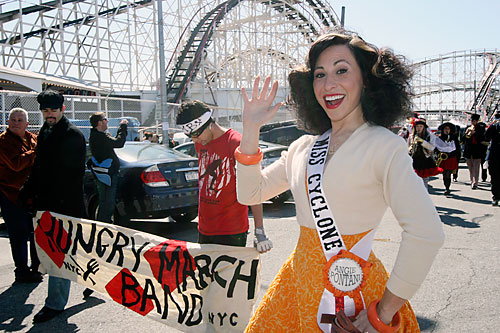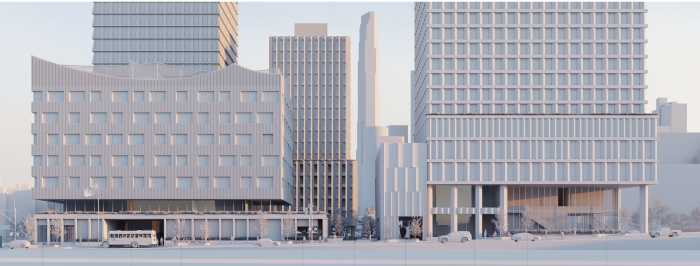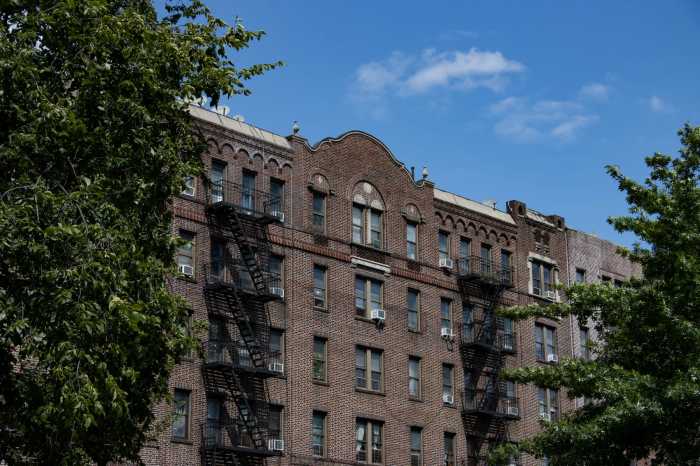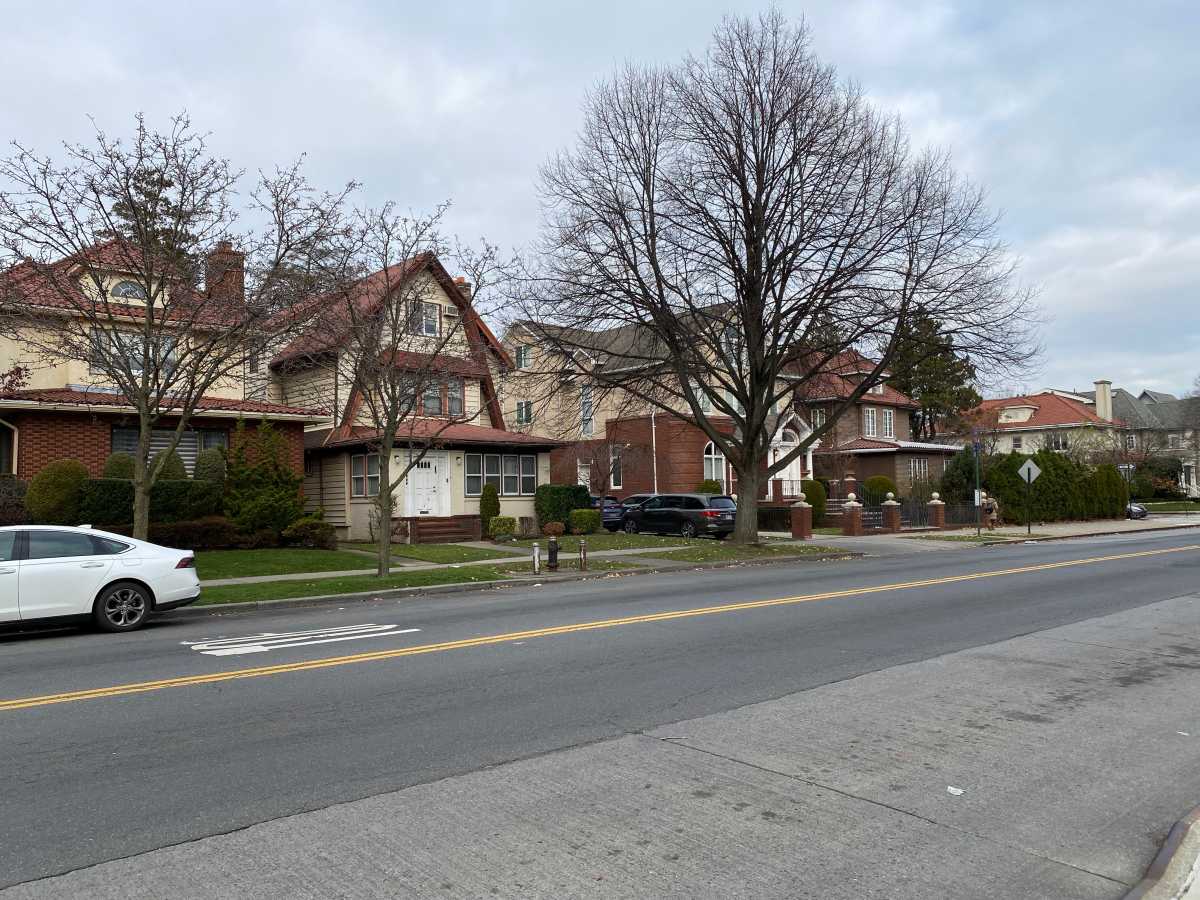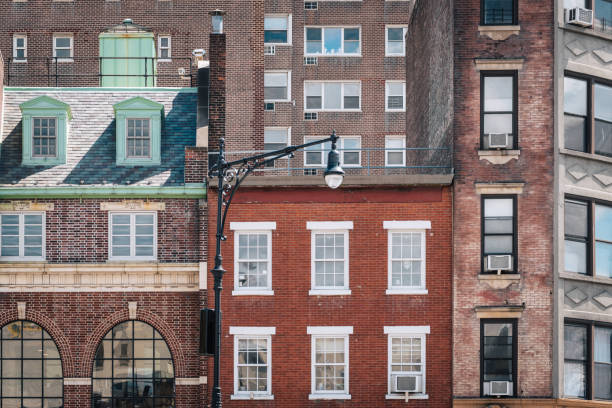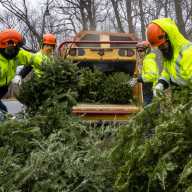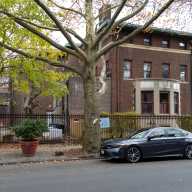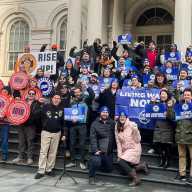The shrinking amusement area of Coney Island reopened on Sunday, but it’s going to be weeks before Coney Island shows signs of life.
Even as the Cyclone roller coaster made its first run, across the street, the site of the former Astroland theme park was empty. And nearby, sections of the Boardwalk remain ripped up for renovations — a fitting symbol for a strip where many of the honky-tonk merchants and old-man bars like Ruby’s remain closed.

The carny carnage has been exacerbated by the struggle between the city and the area’s principal landowner Joe Sitt for control of the area’s destiny. The city wants to create a new city-owned amusement park complimented by hotels, attractions and restaurants, but has been haggling with 10-1/2 acres of land from Sitt’s company, Thor Equities.

Sitt, at times, has said he wanted to build his own tourist Xanadu on the sandy peninsula. Last week, the city offered Sitt $105 million for his land, but the New York Observer reported on Friday that he’s asked for $160 million.
Sitt promises to deliver some temporary help — in a few weeks. His company, which owns the land where Astroland stood on West 12th Street and many of the storefronts along the Boardwalk and Surf Avenue, announced last week that he’s booked 25 rides and carnival attractions to fill the void left by Astroland.

Borough President Markowitz, on hand for the Cyclone reopening, told The Brooklyn Paper that Sitt’s interim attractions — called “Dreamland Park” like the legendary early 20th-century amusement park — emboldened him to predict a bustling, lively summer in Coney Island.
“The Astroland lot is not going to be empty,” Markowitz said, taking a page from the greatest carnival promoters from Coney’s illustrious history. “Coney Island is open, and bigger and better than ever.”

Few visitors agreed with Markowitz’s P.T. Barnum-like ballyhoo.
“I was confused about what was open,” said Nell Hanlon of Park Slope while she waited for a whirl on the Cyclone. “It’s smaller than last year, like you could spend half a day here [and do everything].”

Even at Deno’s, the atmosphere felt like Davy Crockett at the Alamo.
“We’re the only amusement park left,” lamented Dennis Vourdaris, the owner of the neighborhood’s last fun yard. “But we’re hanging tough for the community and the city.”


